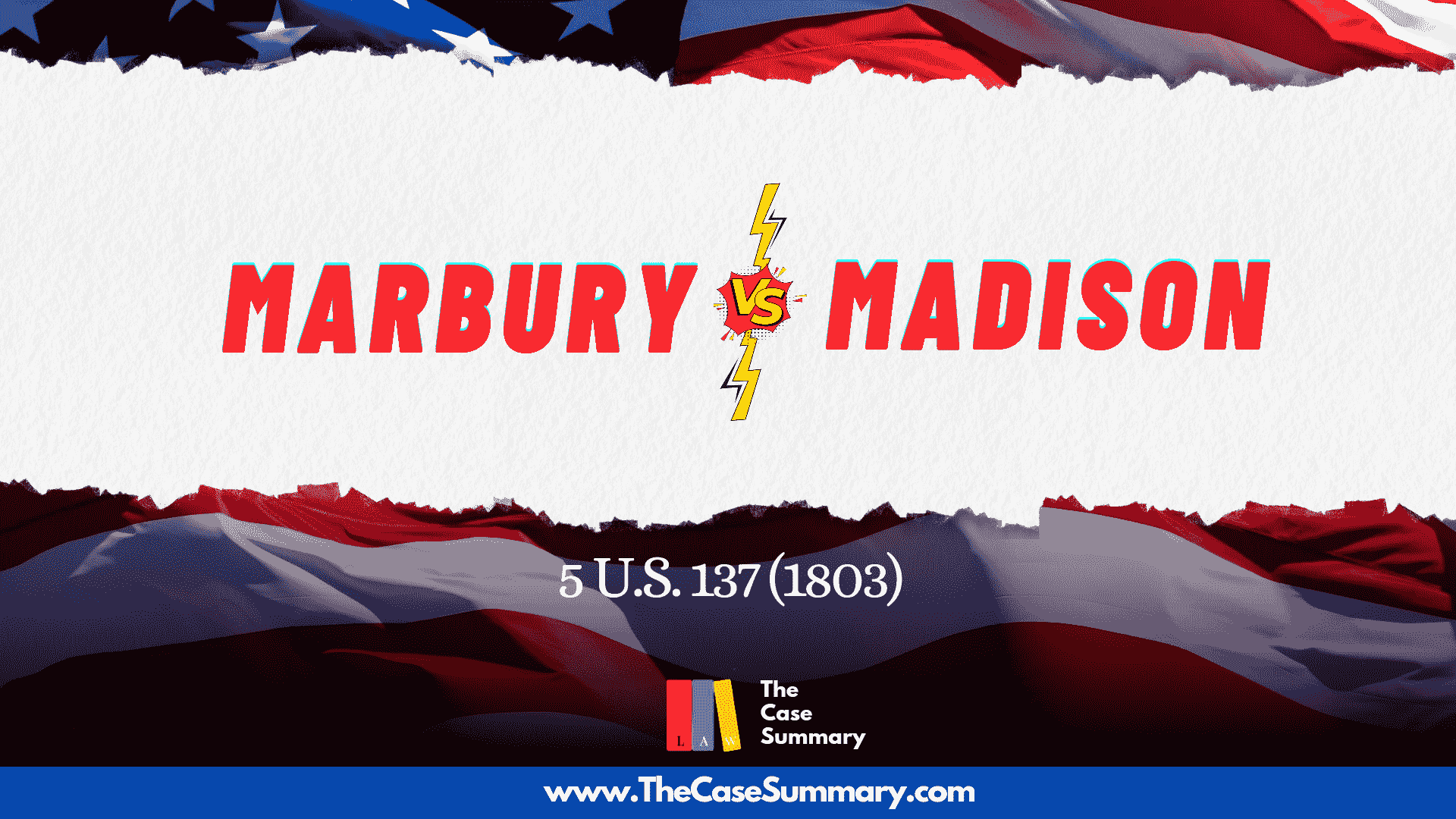Thoburn vs Sunderland City Council
Citation: EWHC 195 (Admin)
Jurisdiction : England and Wales
Appellant: Steven Thoburn and others
Respondent: Sunderland City Council
Facts :
The case of Thoburn v Sunderland City Council (2002), known as the “Metric Martyrs Case,” arose from a dispute between local traders and the government regarding the mandatory use of metric measurements in trade. The appellants, Mr. Steven Thoburn, a Sunderland greengrocer, and Mr. John Hunt, another local trader, were prosecuted for using weighing scales marked in pounds and ounces instead of kilograms and grams. Their actions breached the regulations made under the European Communities Act, 1972 (ECA), which required metric units for trade while allowing imperial measures only as supplementary indicators.
The case raised important constitutional issues, including whether the ECA should be treated as a constitutional statute not subject to implied repeal, whether ministers could amend primary legislation using powers delegated under the ECA and whether the metrication regulations were valid and compatible with British constitutional and human rights principles.
Issues :
1. Whether the European Communities Act 1972 should be treated as a constitutional statute, immune from implied repeal or significant amendment.
2. Whether the powers granted to ministers under sections 2(2) and 2(4) of the Act lawfully allow them to amend primary legislation to implement European Union directives.
3. Whether the subordinate regulations requiring metric calibration, and limiting the use of imperial measures, were lawful or imposed arbitrary restrictions on traders’ rights.
Arguments :
Argument of the Appellants:
The appellants argued that the Henry VIII powers should only be used for minor, routine adjustments, and that the amendments made under section 2(2) of the ECA went far beyond this narrow purpose. They referred to Parliamentary debates suggesting that ministers were meant to make only small, consequential changes. Given that the rules were confusing, they contended that it was unfair and an abuse of process to prosecute Mr. Hunt for simple mistakes in converting metric to imperial units. They also stressed that restricting imperial measures interfered with fundamental rights, particularly freedom of expression under Article 10 of the European Convention on Human Rights, by limiting how traders could communicate the weight of their goods.
Argument of the Respondents:
The respondents emphasized that the European Communities Act 1972 is a constitutional statute which embedded EU law into domestic law and ensured its primacy over conflicting national provisions. They argued that section 2(2), read alongside section 2(4), gave ministers the authority to implement EU directives and amend even primary legislation to fulfill the United Kingdom’s treaty obligations. Regarding imperial measures, they pointed out that the regulations allowed their use as supplementary indicators, maintaining fairness and avoiding arbitrariness. Concerning Mr. Hunt, they stressed that minor conversion errors only affected sentencing and did not undermine the legitimacy of prosecution. In essence, they framed the amendments and regulations as lawful and essential for aligning domestic law with EU obligations.
Decisions :
The court rejected all appeals and reaffirmed (reaffirm because court has already affirmed this notion) that the European Communities Act 1972 holds constitutional status. It cannot be repealed or overridden by implication save only through clear and express legislative language. It upheld that Henry VIII powers under sections 2(2) and 2(4) lawfully enable ministers to implement EU obligations, including changes to primary legislation, without being limited to minor adjustments. The metrication regulations were upheld as valid, since imperial measures could still be used as supplementary indicators, thereby avoiding unfairness or arbitrariness. Prosecution of traders, such as Mr. Hunt, were deemed proper, with minor metric-to-imperial conversion errors affecting only the sentencing, not the legality.
The Court stressed that references to Parliamentary statements (Hansard) are permissible only to resolve genuine ambiguity. It further emphasized the need to carefully balance the supremacy of EU law with the sovereignty of the UK Parliament, thereby protecting both substantive rights and the integrity of the domestic legal framework.
Author :
1. Fuad Hasan
Note : The Case Summary is a platform by the law students, for the law students. We aim to summarize the facts and decisions of various important cases in both Bangla and English with utmost caution. However, this platform is in no way a replacement for going through the complete judgements by the law students and we discourage any learner from relying on case summaries alone. Thank you



